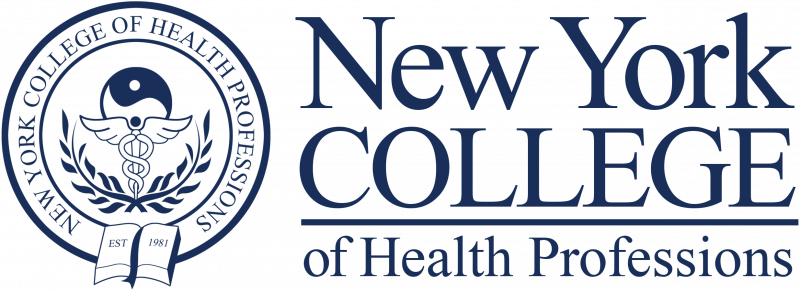The New York College of Health Professions is a non-for-profit institution of higher education. The College maintains its flagship campus in Syosset, New York, a Long Island suburb approximately thirty miles east of Manhattan. Its proximity to all major parkways provides easy access to one of the world’s most exciting cities, while capturing the serenity, beauty, and open space of the suburbs. The campus is also easily accessible by the Long Island Railroad.
The New York College of Health Professions is the leader in holistic health education. Chartered in 1981, the college was the first of its kind to be approved by the New York State Board of Regents to offer an approved program in massage therapy. The college gained approval to offer programs in acupuncture and oriental medicine in 1993. All programs now award degrees and lead to New York State licensure.
The College offers flexible scheduling, which includes day, evening, and weekend course offerings. Students can attend on a full-time or part-time basis. Transfer credits are available for coursework done at other accredited institutions, where applicable.
The following programs are offered at New York College of Health Professions.
Massage Therapy – New York College of Health Professions Massage Therapy Program is offered as an advanced 72-credit Associate in Occupational Studies (AOS) degree program.
The Graduate School of Acupuncture and Herbal Medicine offers two degree programs:
● Acupuncture – 145-credit, nine-trimester program in Acupuncture which awards a Bachelor of Professional Studies-Master of Science in Acupuncture degree (BPS-MSAc).
● Acupuncture and Herbal Medicine – 185-credit, ten trimester program which awards a Bachelor of Professional Studies-Master of Science degree in Acupuncture with a specialization in Chinese Herbal Medicine (BPS-MSAcCHM).
The programs offer a balance of both theory and practical courses. Not only will students learn the techniques used in acupuncture and massage therapy, they will also learn the theory and science behind it to make them well-rounded and knowledgeable practitioners.
The main campus building contains a variety of lecture rooms, laboratories, practical treatment rooms, library, and bookstore. A cafeteria is located on the lower level of the main campus building. The main campus building contains a supervised teaching clinic which provides massage and acupuncture treatments to the community.
The College also maintains an on-site herbal dispensary where students learn the medicinal uses of a multitude of herbs used in Herbal Medicine formulas for specific health and wellness needs. As with the clinics, the herbal dispensary is available to meet the needs of the general public.
